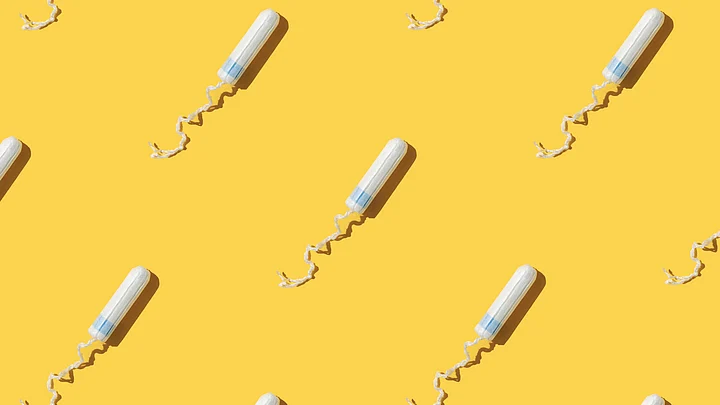“This month I missed my periods completely, which is very unusual for me,” says Akriti (name changed).
Heavy bleeding, delayed cycles and missed periods altogether - the COVID-19 lockdown is doing something weird to our monthly visitor.
In a global pandemic, it’s normal to be stressed. But prolonged periods of anxieties can throw our bodies out of sync. Stress manifests physically.
Many women have been experiencing changes to their periods in the lockdown. While Akriti has missed hers entirely, Adeeba, a 27-year-old has a reduced cycle.
However, it’s not all negative news: some women are finding more time to exercise which helps regulate their period. Vidhya Sankari, a general manager at an accounting firm says,
So what’s really happening to our periods in the lockdown? FIT breaks it down.
The Impact of Stress on Your Cycle
“I’ve had PCOS since I was 16, and my period used to last about 6-7 days, but now it is done in 2 days,” says Adeeba.
She says the lockdown has made her more sedentary, adding,
According to Practo, an mHealth platform that is offering increased services of telemedicine in the lockdown, online queries have grown by 250%.
One in every three consults that came from women since the coronavirus outbreak is for Gynaecology-related issues, and the top queries discussed were period problems, pregnancy complications during Coronavirus, birth control techniques, and miscarriages.
More and more women are experiencing some sort of upset in their cycle. Akriti asays that the only other time she has missed her periods has been during intense trauma like a death in the family. “In almost 20 years, I have missed only about 3 months worth.”
Akriti also requested a name change as she lives with her in-laws, who are not aware of her severe health issues. The lockdown has meant a lot of families are forced to stay with unsupportive family members which further leads to stress and physical reactions.
The lockdown has resulted in a surge of mental health issues, with people more stressed and uncertain than ever. When we are stressed, our bodies release adrenaline, cortisol and other stress hormones to induce a flight or fight response.
But prolonged spikes in cortisol can interfere with other hormones, particularly our reproductive hormones. This could lead to anovulation (no ovulation), amenorrhea (no periods) or a delayed or painful bleed.
Stress manifests differently in different people and as a result, the changes in your cycle can range from longer to shorter periods, missed or painful ones according to the NHS.
One study that looked at 388 women in China to find the link between stress and periods, found that dysmenorrhea or extreme pain was common in those who self-reported high levels of stress.
Our current reality is unprecedented, and the stress we are feeling is unlike anything we have ever felt. There is an overwhelming sense of uncertainty and when our mental health is in flux, our physical health follows suit.
Anxiety and depression have a direct link to our menstrual cycles.
Ashi, a 28-year-old from Bhopal has said the changes in her routine have negatively impacted her cycle,
Not All Bad News: Some Women Have Happy Periods in the Lockdown
Sharmishtha Sharma runs an online community for PCOS women in India. She says that some women on the forum are reporting healthier periods, which she attributes to regular workouts and diets.
Interestingly, she says they are experiencing less stress at this time due to less travelling.
Vidhya adds she is regularly doing online Crossfit, “and this has helped maintain my cycle.” Changes to weight and exercise have a direct impact on your periods.
If you’re experiencing changes, it can be a good idea to use an app or note these down and talk to your gynaecologist. Meanwhile, try soothing your mental health as best you can to regain control over your periods.
(At The Quint, we question everything. Play an active role in shaping our journalism by becoming a member today.)
